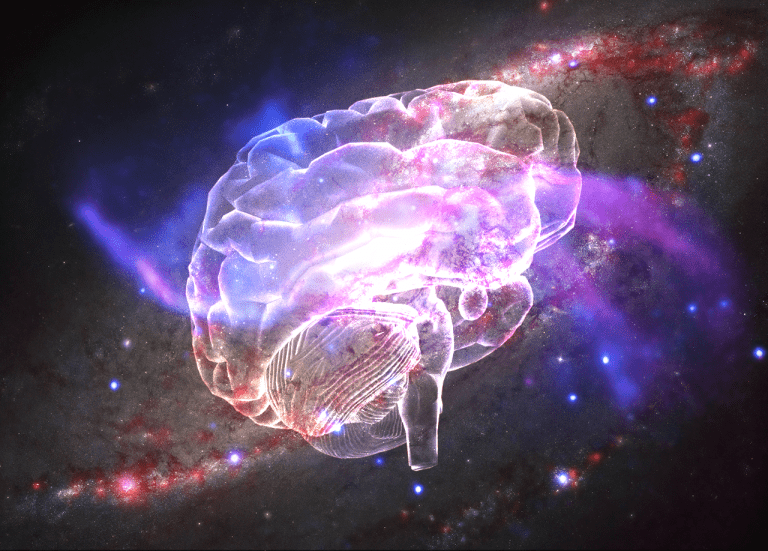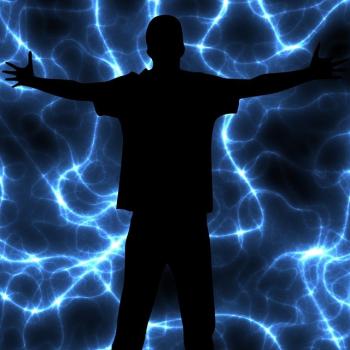I wrote a Facebook comment in response to a post about the idea of the brain as a receiver rather than a generator of consciousness, and realized I had written a mini-essay about consciousness.
1. We have no good definition of what “consciousness” is.
2. If we’re invoking science, whatever “consciousness” is must be an objectively observable phenomenon — because that’s the domain of science. So for such a discussion, “consciousness” would seem to refer to an organism’s behavior, including vocalizations (“I think…”, “I feel…”, etcetera).
3. Neurological theory is able to give a general account of behavior. It is not complete, of course, but “stimuli cause neurons to act in ways which change them, stimulate other neurons, and activate muscles and glands, creating complex integrated behavior” has good explanatory power, matches observations, has produced useful results in AI and robotics, and does not require any multiplication of entities. (“Entities must not be multiplied beyond necessity”, Punch’s formulation of Occam’s razor.)
4. There is no sound evidence for some external “transmitter” which controls or affects neurons in animal brains in some special way. Without such evidence, speculation about its existence is like “you can’t prove there’s not an invisible gorilla in the room.” It’s true as an exercise in epistemology, but going around wondering if there are invisible gorillas is useless for getting things done.
5. There is a strong cultural bias towards believing in some sort of external “transmitter”, both because that is the majority belief and because it leads to a wish-fulfillment of surviving the death of the body in some way. Therefore such claims deserve extra skepticism.
6. The existence of some sort of “transmitter” is not compatible with our best scientific knowledge of the world. That doesn’t make it false — science is a process, not a fixed body of facts — but it’s an extraordinary claim, and as we know “extraordinary claims require extraordinary evidence”.
7. None of this denigrates the usefulness of ancient wisdom traditions in directly exploring one’s own subjective experience of existence — a phenomenon that some people seem to mean when they say “consciousness”. Conflating these two notions of “consciousness” seems to be the source of many problems here.
8. But that subjective experience is a phenomenon that is by its very nature outside the realm of objective scientific inquiry. Directly exploring your subjective experience is a matter of mysticism, not science. Doesn’t mean we can’t borrow some tools from science, of course, but if I say “I melted into the Clear Light”, science can only investigate that as a vocalization in the public and objective world, not as a direct subjective private experience.
For further enlightenment, consult your pineal gland. Or you might devote a few several months to chewing though F. S. C. Northrop’s “The Meeting of East and West”, a thick bit of philosophy which really helped me straighten out the distinction between the theoretical, publicly accessible component of our experience, and the immediate empirical aspect. It’s a heavy read but I highly recommend it.
You can keep up with “The Zen Pagan” by subscribing via RSS or e-mail.
Please consider supporting this blog with a donation or purchase. The Zen Pagan Merch-o-rama has t-shirts, mugs, posters and prints, and stickers designed by yours truly.














